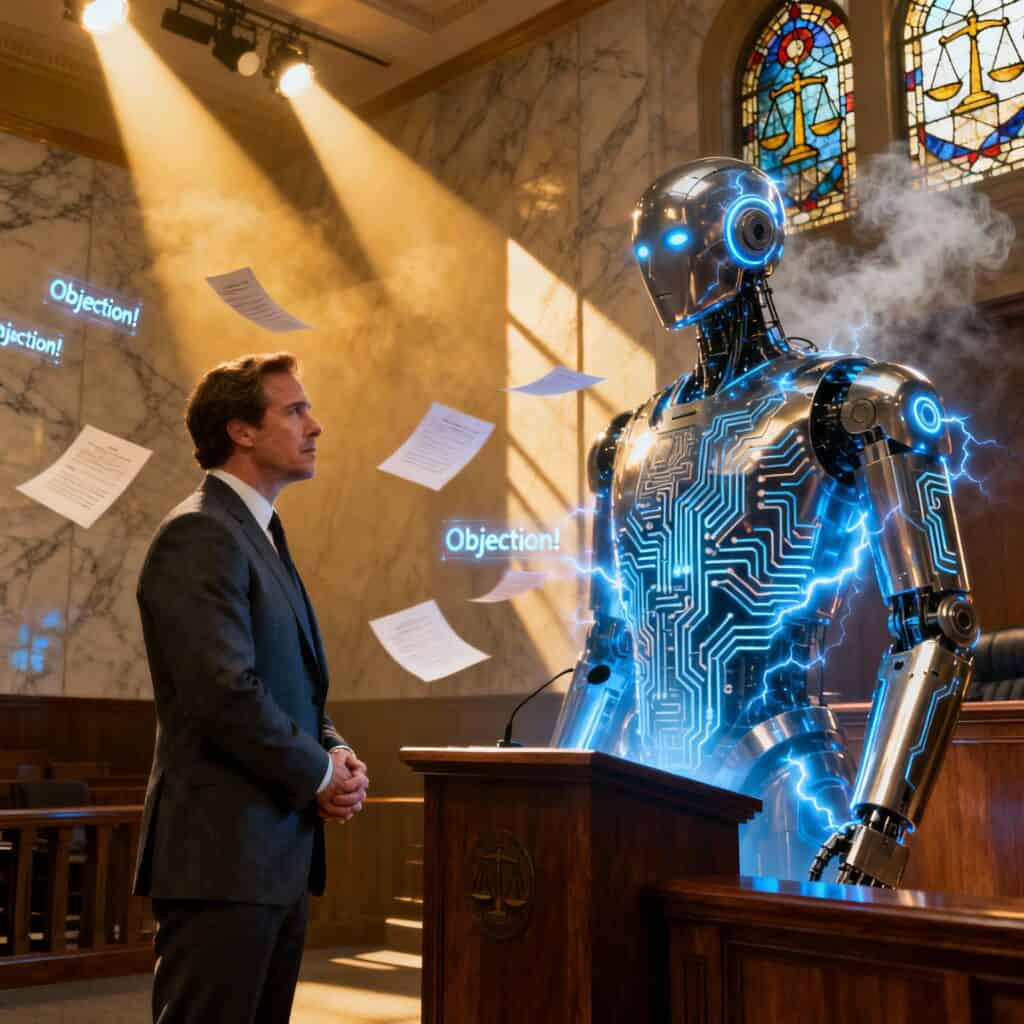Lincoln Lawyer AI Copyright Case
Ben Borman, LawFuel contributing editor
Lincoln Lawyer creator Michael Connelly has joined other bestselling authors like John Grisham to battle OpenAI and its ChatGPT empire in an alleged ‘book heist’.
The class action involves not only Connelly and Grisham, two of the world’s bestselling writers, but also other names including Jodi Picoult, David Baldacci, George R.R. Martin according to earlieir reports from the Authors Guild.
The Billion Dollar Book Heist
OpenAI allegedly stole hundreds of thousands of copyrighted books, copyright issues being one of AI’s key sore points, as we have reported here on LawFuel and here recently. The company used pirated copies to train ChatGPT without asking permission, according to the reports, with no compensation was paid to authors. The Authors Guild has called it “flagrant theft of creative works”.
Connelly discovered the breach when he tested ChatGPT on his own characters. The AI knew intimate details about Mickey Haller that could only come from reading the complete Lincoln Lawyer series. “They basically stole our creative work on a grand scale,” says fellow plaintiff Douglas Preston.

Star-Studded Legal Team Takes Action
The plaintiff roster reads like a bestseller list. John Grisham leads the charge alongside George R.R. Martin and Jodi Picoult. Other heavy hitters include Jonathan Franzen, Scott Turow, and David Baldacci. The Authors Guild represents thousands more writers who will be keenly interested in the legal action.
Each stolen book could cost OpenAI up to $150,000 in damages. With an estimated 500,000 books allegedly used for training, the total exposure exceeds $75 billion. A recent Anthropic settlement, an AI copyright ‘first’, already paid $1.5 billion at $2,500 per book.
Copyright Law Meets Silicon Valley
The lawsuit strikes at the heart of AI development. OpenAI allegedly accessed books through piracy sites like LibGen. The company then fed copyrighted works into their language models without consent. This violates fundamental copyright protections.
Connelly, however, sees bigger issues at stake. “There’s a lack of foresight, a lack of government control and a lack of common sense,” he recently stated. The author wants to establish guardrails for AI development. The case could force licensing agreements for all training data.
Industry Giants Under Fire
Microsoft also faces litigation as OpenAI’s primary backer. The tech giant invested billions in ChatGPT development. Both companies argue their practices fall under fair use. Legal experts remain skeptical of this defense.
The Lincoln Lawyer connection adds powerful symbolism to the case. Connelly’s defense attorney character Mickey Haller built a reputation fighting for justice. Now his creator battles the biggest names in tech. The irony resonates throughout legal circles.
What’s at Stake for Authors
Victory could revolutionize how AI companies operate. Authors demand fair compensation for their intellectual property. The case seeks both monetary damages and injunctive relief. A licensing system could generate ongoing royalties.
Grisham, Martin, and Connelly represent billions in combined book sales. Their participation legitimizes smaller authors’ complaints. The Authors Guild seeks class action status for all affected writers.
The federal court battle continues with discovery proceedings underway. OpenAI faces mounting pressure to settle the case, but the details and damages amount are unknown until such time as settlement is reached. OpenAI argues training on copyrighted text is fair use.
For Michael Connelly and his fellow authors, this represents the fight of their professional lives and livelihood. The outcome will determine whether AI development respects copyright law or operates above it somehow.
For lawyers too the outcome will be of high interest. If plaintiffs secure licensing or use restrictions, AI training becomes a paid market with provenance controls. In-house and law firm buyers will need to audit training sources and update contracts. If OpenAI wins, expect a pivot to output and contract-based claims as a result.